BY: Dr.Torhan Almufti
It is fundamental to the establishment and existence of any nation that it has a clear mission that precedes or follows its formation (with the state’s orientation varying according to when the mission is adopted). This mission encompasses broad objectives and goals that are intended from the founding or leadership of the nation, setting it apart from other states, whether neighbouring or otherwise.
The philosophy behind the formation of any societal group begins fundamentally with its mission, which starts with the reasons for its formation and includes settling in a specific geography and communicating the group’s mission to others.
The mission varies with each nation depending on the elements of its formation, its geography, and its geopolitics, with the human factor being the most crucial content in crafting the mission. For example, the Medinan state that arose in Medina had the mission of spreading Islam, a mission that continued in other Islamic nations throughout history and across different geographies until World War I.
In modern times, countries like Egypt define their mission around being a central hub in the Arab world and a source of Arab decision-making. Egypt acts internationally based on this perspective, taking a leadership role both regionally and globally. Turkey, originally founded on a national identity, has evolved its mission into an Islamic-technological blend, attempting to reflect the religious content of the Ottoman Empire in a modern context, producing a state with layered and complex messages.
Iraq’s contemporary history, especially under the Ba’ath regime, was characterized by a nationalistic and Arab-centric mission. However, post-2003, after regime change and the presence of international military forces, Iraq’s message became unclear due to constitutional and demographic changes. Attempts to redefine Iraq’s mission through hosting international events were complicated by the Arab Spring and the rise of ISIS, which distracted the state’s focus.
Every government change, influenced by political diversity, alters the state’s perspective, impacting the stability of its mission. Therefore, Iraq currently lacks a clear and consistent national message. The first step towards addressing this is agreeing on a unified mission, possibly reflecting Iraq’s rich historical or religious heritage, or its societal diversity. The next step would involve clearly presenting this mission both domestically and internationally, establishing Iraq’s identity through its defined mission.
Notes: The article was written in 2021.
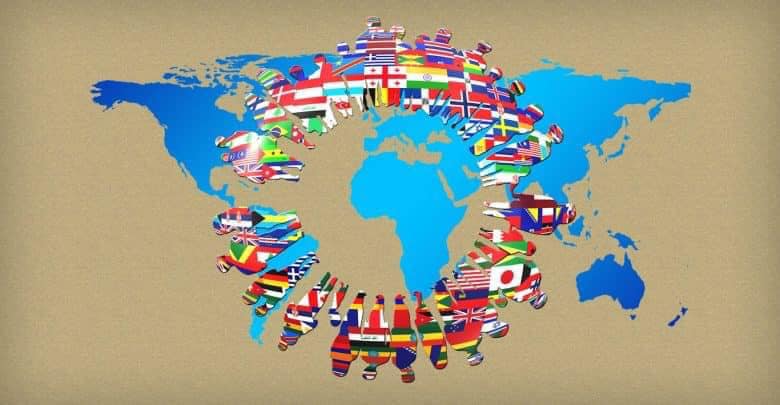
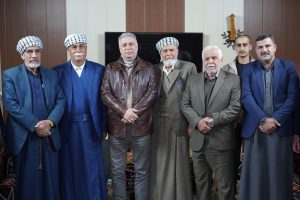


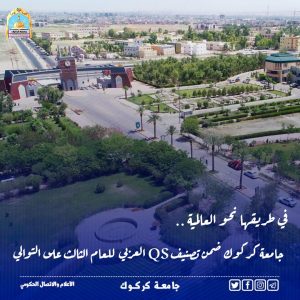


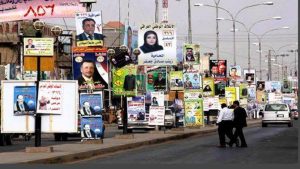
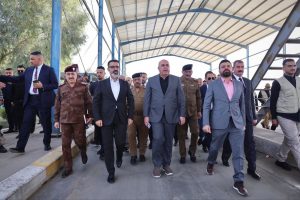







Be First to Comment